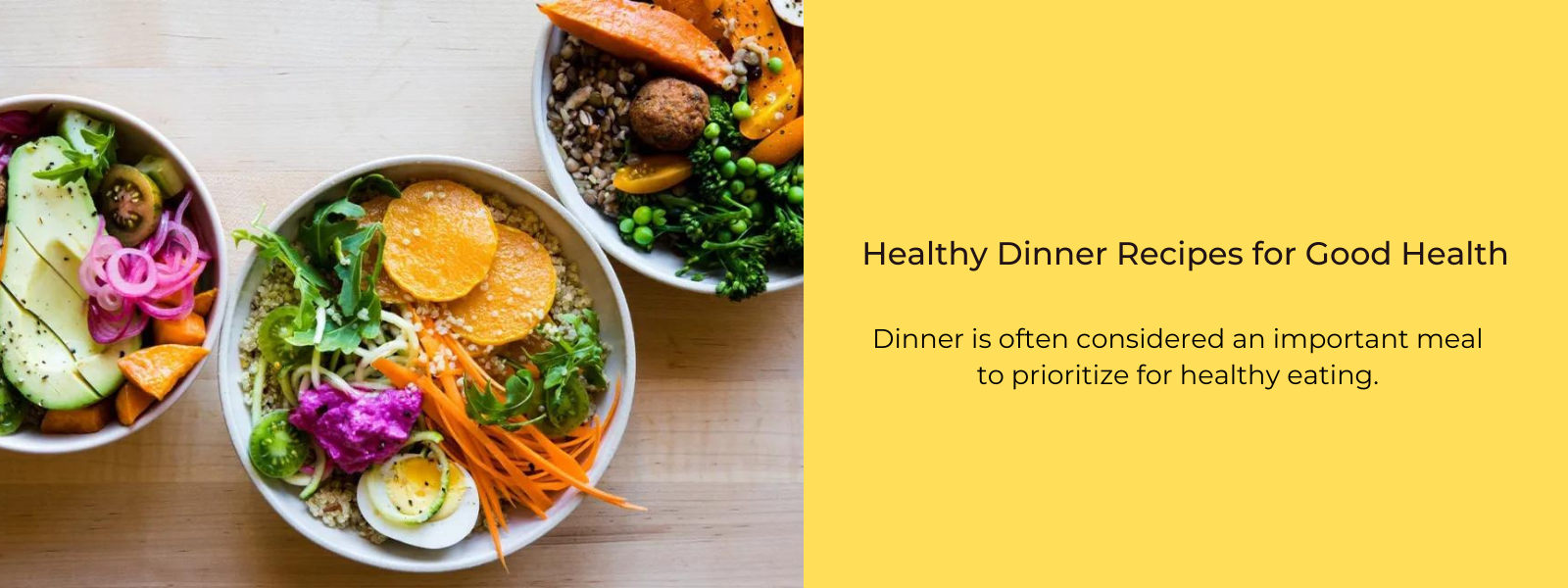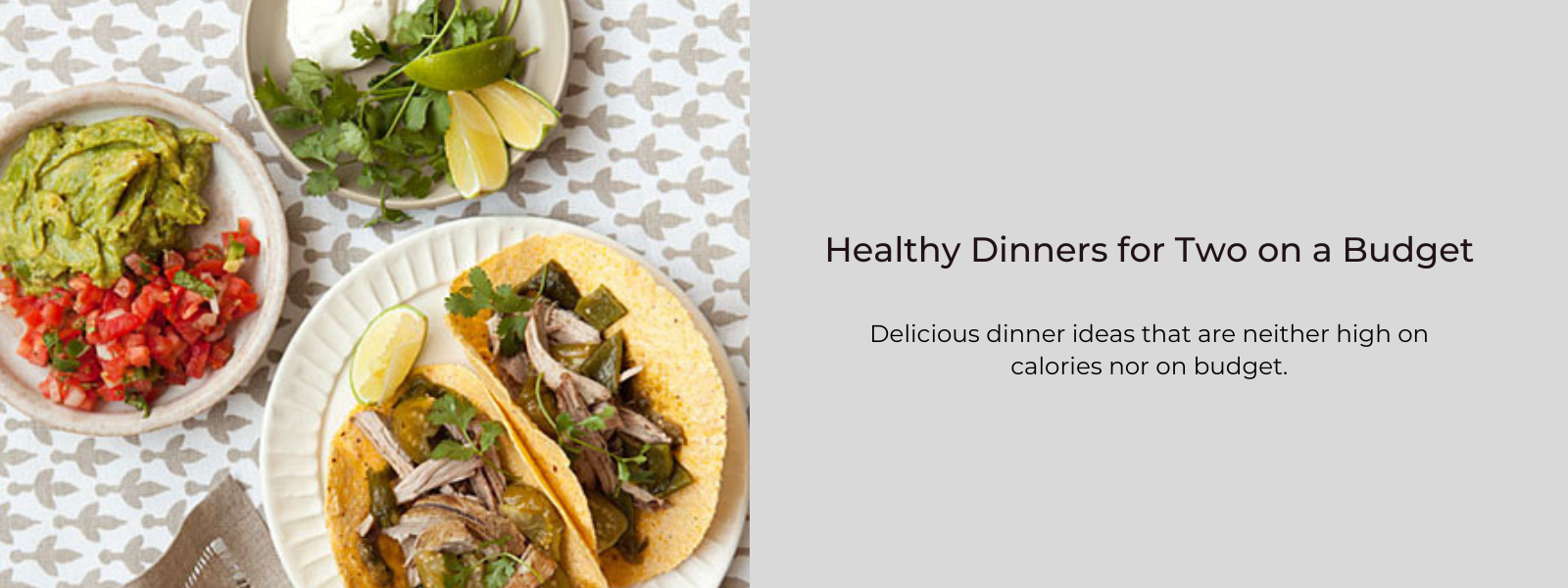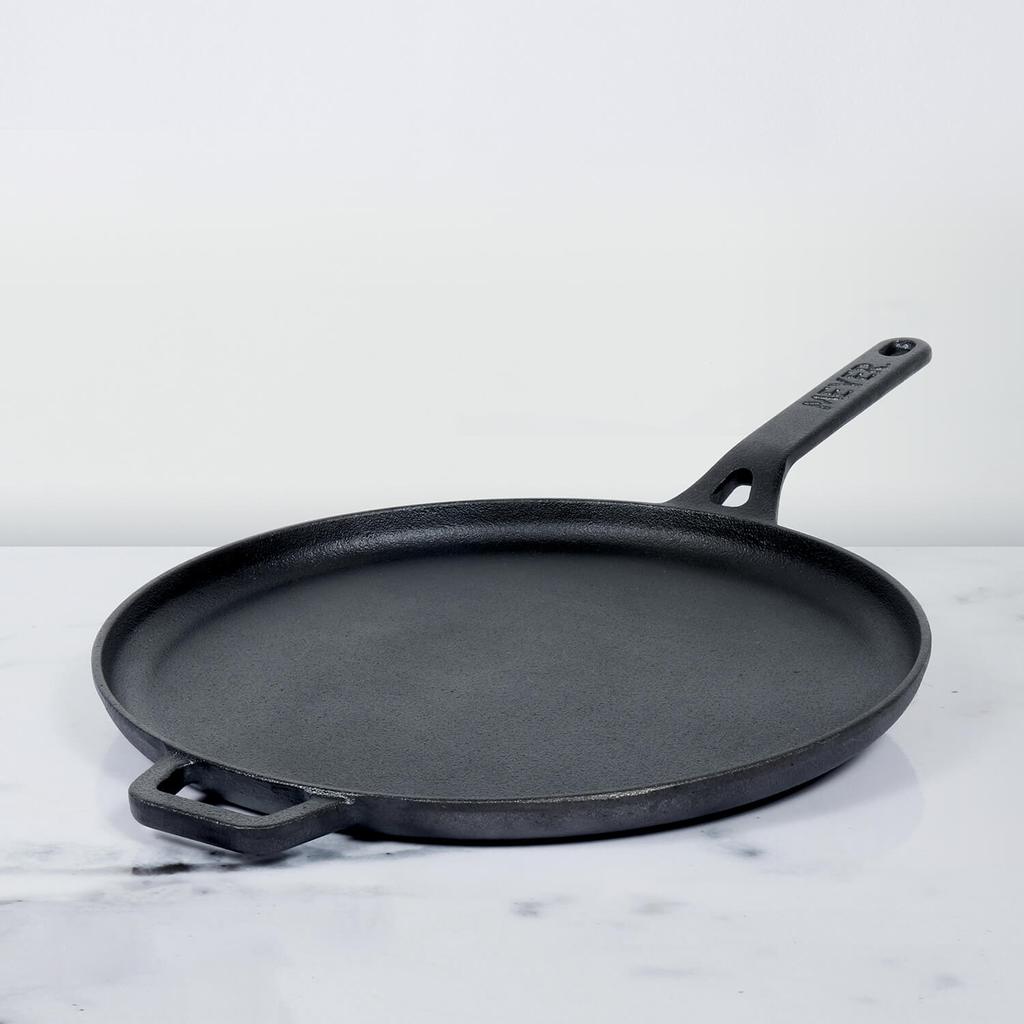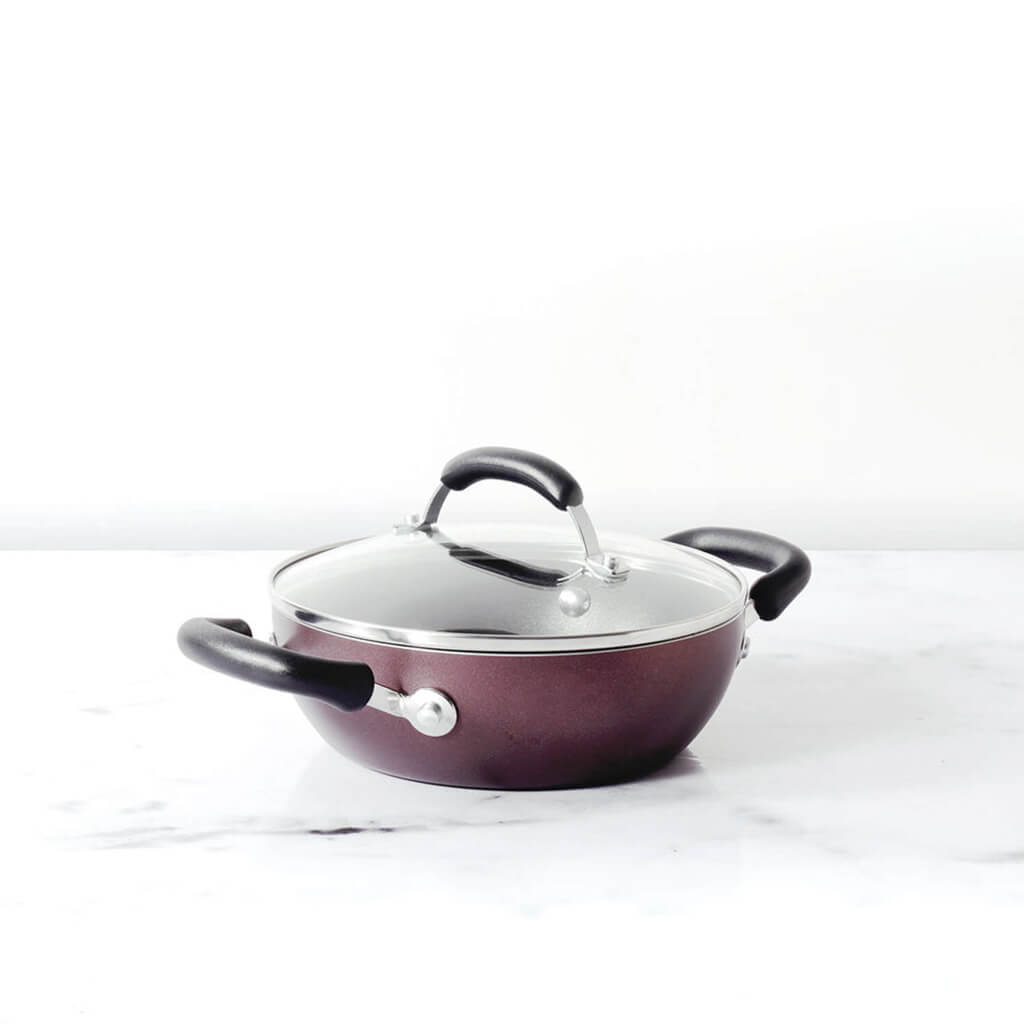Nutritionists frequently recommend eating light and the correct foods to beat the heat when it comes to summer diet. The dangers of heat stroke, acidity, electrolyte loss, and low energy need to be reduced with sufficient diet when the temperature rises and hunger declines. When heat waves persist, it is natural for people to crave some items that would chill them down. But before you indulge in a number of cans of unhealthy beverages and make poor decisions for yourself, let's consider some healthy summer food that will help you endure harsh weather conditions while preventing summertime health problems.
Table of Contents
Suitable Summer Food Examples
Healthy summer foods are essential for maintaining a balanced diet while enjoying the season's abundance of fresh produce and outdoor activities. Here's an overview of healthy summer food:
- Fresh Fruits and Vegetables: Summer is a great time to indulge in a wide variety of fresh fruits and vegetables. These include watermelon, berries, peaches, tomatoes, cucumbers, zucchini, corn, and leafy greens. They are rich in vitamins, minerals, fiber, and antioxidants, helping to support overall health and hydration.
- Light and Refreshing Salads: Salads are a fantastic way to incorporate summer produce. Create colorful salads with a mix of leafy greens, crunchy vegetables, and fruits. Add lean proteins such as grilled chicken, tofu, or beans for a satisfying meal.
- Grilled and Barbecued Foods: Grilling is a popular cooking method during summer. Opt for lean proteins like chicken breast, fish, shrimp, or vegetables. Grilling adds smoky flavors without excessive added fats, making it a healthier choice.
- Seafood: Summer is an ideal time to enjoy fresh seafood. Fish like salmon, tuna, or trout are rich in omega-3 fatty acids, which are beneficial for heart health. Include grilled or baked fish in your summer meals for a nutritious protein source.
- Hydrating Foods: With warmer temperatures, it's crucial to stay hydrated. Incorporate hydrating foods like watermelon, cucumbers, strawberries, and citrus fruits. They have high water content, keeping you cool and hydrated.
- Smoothies and Cold Beverages: Blend fresh fruits and vegetables into refreshing smoothies. Use a base of yogurt, almond milk, or coconut water. Add greens like spinach or kale for added nutrients. Avoid excessive added sugars by using natural sweeteners or the sweetness of the fruits.
- Frozen Treats: Enjoy healthier frozen treats as a cool dessert option. Make homemade fruit popsicles using pureed fruits or create "nice cream" by blending frozen bananas with cocoa powder or other flavorings.
- Lighter Grains and Legumes: Choose lighter grains like quinoa, couscous, or bulgur for salads or as a side dish. Incorporate legumes like chickpeas or black beans for added protein and fiber.
- Herbs and Fresh Seasonings: Enhance the flavors of your summer dishes with fresh herbs like basil, mint, cilantro, and dill. They add depth and freshness without relying on excessive salt or unhealthy seasonings.
- Stay Hydrated: In addition to food, prioritize staying hydrated by drinking plenty of water throughout the day. Opt for infused water by adding slices of fruits, herbs, or cucumber for a refreshing twist.
Healthy Summer Food to lose weight
If you're looking to lose weight during the summer, incorporating healthy and nutrient-dense foods into your diet can be beneficial. Here are some healthy summer foods that can support weight loss:
- Fresh Fruits: Enjoy a variety of fresh fruits like berries, watermelon, grapefruit, and peaches. They are low in calories, high in fiber, and packed with vitamins and antioxidants.
- Vegetables: Load up on non-starchy vegetables such as leafy greens, cucumbers, bell peppers, tomatoes, zucchini, and broccoli. These vegetables are low in calories and high in fiber, which can help you feel full and satisfied.
- Lean Proteins: Include lean protein sources in your meals like grilled chicken breast, turkey, fish, tofu, or legumes. Protein helps keep you feeling full and supports muscle growth while providing essential nutrients.
- Whole Grains: Choose whole grains like quinoa, brown rice, oats, and whole wheat bread. They are higher in fiber and nutrients compared to refined grains, helping you stay fuller for longer.
- Greek Yogurt: Greek yogurt is a high-protein and low-fat option that can be enjoyed as a snack or incorporated into smoothies or desserts. It provides satiety and supports muscle recovery.
- Healthy Snacks: Opt for healthy snacks like fresh fruit, raw vegetables with hummus, Greek yogurt, or a handful of nuts. These options can help satisfy hunger between meals without derailing your weight loss efforts.
- Grilled Vegetables: Enjoy grilled vegetables as a flavorful and low-calorie side dish. Season them with herbs and spices for added taste without adding excess calories or unhealthy fats.
- Herbal Iced Tea: Stay hydrated and satisfied with herbal iced teas, such as mint or hibiscus tea. Avoid adding sugar or opt for natural sweeteners like stevia or a small amount of honey if needed.
Healthy Summer Foods for Toddlers
When it comes to providing healthy summer foods for toddlers, it's important to focus on nutrient-dense options that are easy to eat and promote hydration. Here are some healthy summer foods for toddlers:
- Fresh Fruits: Offer a variety of fresh fruits like watermelon, berries, grapes, peaches, and oranges. Cut them into bite-sized pieces for easy consumption.
- Yogurt: Provide plain or Greek yogurt as a healthy and cooling snack. You can add a small amount of honey or pureed fruits for natural sweetness.
- Cucumber Slices: Cucumber is hydrating and refreshing. Slice them into sticks or rounds for a crunchy and nutritious snack.
- Frozen Fruit Popsicles: Make homemade fruit popsicles using pureed fruits and natural sweeteners like pureed mango, berries, or watermelon. Avoid using added sugars.
- Veggie Sticks with Dip: Serve carrot sticks, celery, bell pepper slices, or cherry tomatoes with a healthy dip like hummus or yogurt-based dressings.
- Smoothies: Blend together a combination of fruits, yogurt, and a small amount of milk or a milk alternative to create a nutritious and refreshing smoothie.
- Grilled Chicken or Turkey: Cook lean proteins like chicken or turkey on the grill and cut them into small, toddler-friendly pieces.
- Whole Grain Snacks: Offer whole grain crackers, rice cakes, or whole wheat bread with healthy toppings like nut butter, mashed avocado, or cottage cheese.
- Hydrating Vegetables: Vegetables like zucchini, bell peppers, and tomatoes are hydrating options. Cut them into bite-sized pieces or offer them as part of a salad.
- Homemade Fruit Salsa: Combine diced fruits like strawberries, kiwi, and pineapple to create a colorful and flavorful fruit salsa. Serve it with whole grain crackers or as a topping for yogurt.
Common Myths about Healthy Summer Food
There are several common myths surrounding healthy summer food. Let's debunk some of them:
- Myth 1: All Fruits Are High in Sugar and Should Be Avoided.
- Fact: While fruits do contain natural sugars, they also provide essential vitamins, minerals, fiber, and antioxidants. Enjoying a variety of fruits as part of a balanced diet is beneficial.
- Myth 2: Salads Are Always Healthy.
- Fact: Salads can be healthy, but it depends on the ingredients and dressings used. Some salads can be loaded with high-calorie toppings, creamy dressings, or fried ingredients. Opt for fresh, nutrient-rich vegetables, lean proteins, and light dressings to keep salads healthy.
- Myth 3: Grilling Makes All Foods Healthy.
- Fact: Grilling can be a healthy cooking method, but it's important to choose lean meats, fish, or vegetables and avoid excessive use of marinades or high-fat sauces. Charring or overcooking on the grill can also create potentially harmful compounds, so moderation is key.
- Myth 4: All Frozen Yogurt Is Healthy.
- Fact: While frozen yogurt can be a healthier alternative to ice cream, not all frozen yogurts are created equal. Some varieties can still contain added sugars, artificial flavors, and excessive calories. Choose low-fat or Greek yogurt-based options with minimal added sugars.
- Myth 5: All Smoothies Are Nutritious.
- Fact: Smoothies can be packed with nutrients, but they can also become high in calories and added sugars if made with sugary fruits, sweetened yogurt, or excessive amounts of juice. Opt for whole fruits, vegetables, unsweetened yogurt, and limit added sweeteners.
- Myth 6: Only Raw Foods Are Healthy.
- Fact: While raw foods can be nutritious, cooking certain foods can enhance their nutritional value. For example, cooking tomatoes increases the bioavailability of lycopene. It's important to strike a balance between raw and cooked foods to benefit from their respective nutrients.
- Myth 7: Drinking Plenty of Water Means You're Hydrated.
- Fact: While water is essential for hydration, other hydrating foods and beverages can contribute to your fluid intake. Fruits, vegetables, herbal teas, and broths also contain water and can help keep you hydrated.
- Myth 8: You Should Avoid All Fats for a Healthy Summer Diet.
- Fact: Not all fats are unhealthy. Healthy fats from sources like avocados, nuts, seeds, and olive oil are essential for overall health. They provide important nutrients and can help with satiety and nutrient absorption.
Remember, it's important to consider the overall balance of your diet and individual nutritional needs. Seek guidance from a healthcare professional or registered dietitian for personalized advice.











Leave a comment